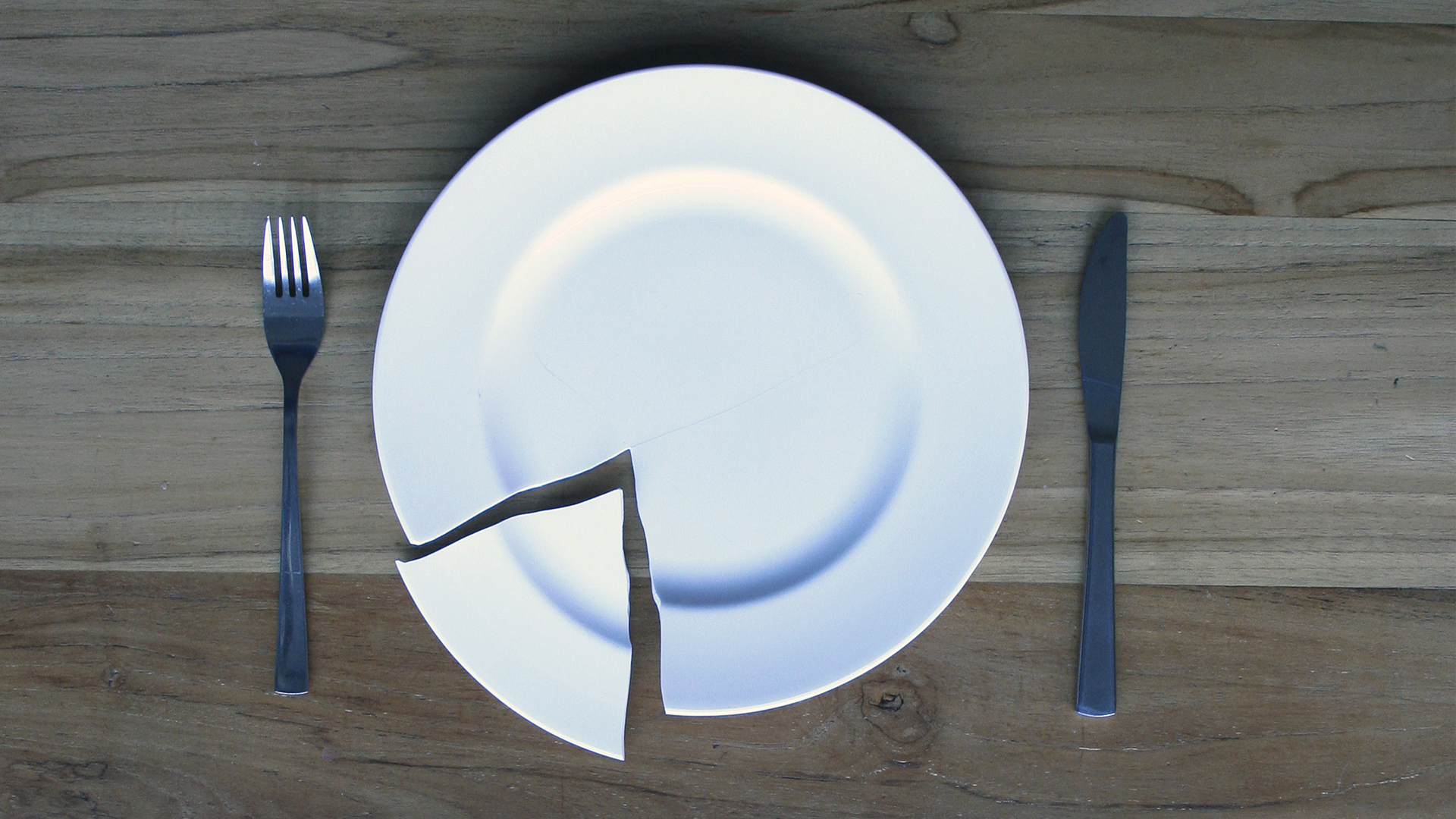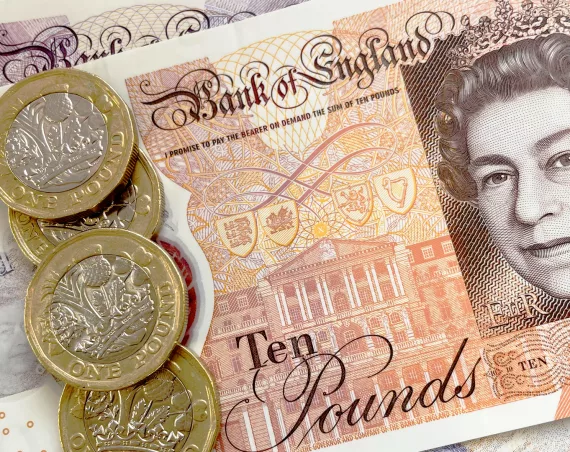
Oops! I’ve broken it
Powered by RedCircle
Hello and welcome to Learn English Vocabulary. My name is Jack and I’m making this podcast for you to learn or revise English vocabulary.
Introduction
Today, I’m making a podcast about the language of accidents and the language is aimed at A2 learners. This means that the language I cover will be suitable for pre-intermediate learners and will be good revision for more advanced learners.
I initially selected this language by looking at a book for A2, but the Cambridge learners dictionary rates a lot of this vocabulary as B1 or B2. Today, I want to talk about little accidents and focus on eight verbs that you can use.
If you would like to read the transcript, you can find it on my website on the page for this podcast. There is a link to the page on the description for the podcast.
Back to accidents! When you have an accident, it’s normal to say something as an exclamation. Now, I have children so these days, my language is much cleaner than it used to be. I’m not going to include swear words for exclamations here. I think I will have to start a separate podcast for that.
You might also notice that in all of these expressions, I’m using the present perfect. This use of the present perfect is normal in British English and probably most other forms of English, but I don’t think it’s used in American English. We use the present perfect to show that the action has a present component. I think it will be clear from the examples.
Number 1 – to break
Oh no! I’ve broken my chair.
To break something means to damage something, usually by doing something quickly and with too much force. The verb is irregular: break, broke, broken. Listen to these examples:
Don’t sit on that chair. You’re too heavy. You’ll break it.
Look, the chair leg is damaged. I think Henry broke it yesterday.
I’m tired and I need to sit down. Oh no! I’ve broken my chair.
Number 2 – to drop
Oops! I’ve dropped my pen.
To drop something means to allow something to fall. It’s often used in sport to contrast with catch. If someone throws you a ball and you don’t catch it, but you should have been able to catch it, then you dropped it. I fidget with my car keys when I go shopping and I’m always dropping them. I really should be more careful. The verb is regular: drop, dropped, dropped.
Number 3 – to spill
Oh sh … oot. I’ve spilt my coffee.
To spill means to cause a bit of something to fall over the edge of its container. It’s usually used for liquid, but you can use it for anything that’s in a container. So you could say it’s difficult to pour milk from a carton without spilling a few drops. Or I dropped my school bag and my books spilt out onto the floor. In American English, it’s a regular verb: spill, spilled, spilled, but in the UK, we usually say spill, spilt, spilt. In the UK it’s spelled S-P-I-L-T. The regular spelling is also used in the UK.
Number 4 – to ruin
Oh bother! I’ve ruined these trousers.
To ruin something means to damage something so badly, that you can’t use it anymore. It’s actually quite a tricky word, because it’s quite dramatic. We only really ruin things that we like or value in some way. You can ruin clothes, you can ruin someone’s plans, you can ruin a holiday or special event. My children use the word quite a lot, especially if one of them has built something out of lego and the other breaks it, even if it’s just a little bit, I’ll hear: you’ve ruined it! My boys are 4 and 6, though so it’s OK for them to be dramatic. The verb is regular: ruin, ruined, ruined.
Number 5 – to crack
Oh no! I’ve cracked my phone screen.
To crack means to break, but not into pieces. It’s when you break something and you can see the lines where it’s broken, but not necessarily come apart. It’s usually used with hard materials like glass or ceramics, plates or mugs or walls and plaster. The verb is regular: crack, cracked, cracked. I think that smartphones are a lot tougher now, but in the past, it was very easy to crack a phone screen.
Number 6 – to chip
Oh no! I’ve chipped my tooth.
To chip is similar to crack. You can only chip hard materials. What it means it is to break off a tiny part of something. To chip is regular: chip, chipped, chipped. I think the things that I chip the most are mugs and glasses. If you are a bit clumsy when you are doing the washing up, it’s easy to drop a mug and chip the rim.
Number 7 – to tear
Oh sh … oot. I’ve torn my book.
To tear something means to break something into two or more pieces by pulling it apart. The verb is irregular: Tear, tore, torn. It’s very easy to tear paper. Some paper has tiny holes in a line so you can tear it neatly and easily. You can also tear your clothes. Last week, my wife phoned me up because she was taking our boys to school on foot and she tore her trousers. She was very embarrassed and had to tie a cardigan around her waist.
Number 8 – to smash
Oops … I’ve smashed the window.
To smash means to damage something severely. It normally takes a lot of force to smash something. If you throw a brick at a window, the window will usually smash. You might hear that the police smashed the door down. Or if you are clumsy and doing the washing up and you drop a plate or a glass bowl, it will probably smash on the floor. It is also, what the marvel hero, the Incredible Hulk does.
Conclusion
There you have 8 verbs you can use to describe an accident where something is broken. Have you broken anything recently? Why not share your own tales or clumsiness and destruction in the comments section on Learn English Vocabulary or on Apple Podcasts.
If you have enjoyed this podcast, please leave me a comment or a review and don’t forget that you can read the transcript for this podcast and complete some language activities on LearnEnglishVocabulary.co.uk.
Thanks for listening.




